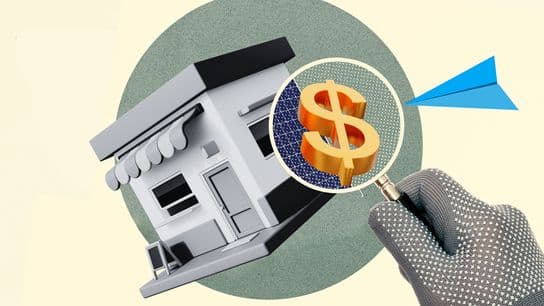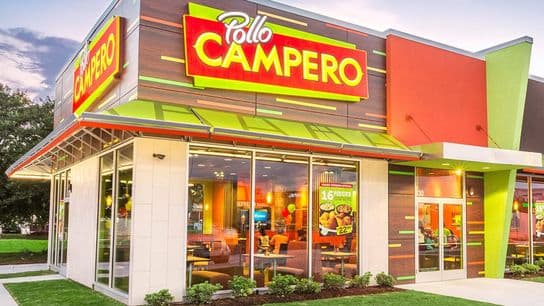Can Cannabis Retailers Franchise?
Explore the opportunities and challenges of cannabis franchising and take a look at a few high-achieving brands on the market.
With the legalization and increasing acceptance of cannabis across the U.S., the retail landscape for this once-taboo product has undergone a significant transformation. In fact, the U.S. legal cannabis market is set to reach $35 billion by 2025 — and entrepreneurs aren’t missing the chance to capitalize. Brands selling cannabis and associated products seem to be popping up all over the place (where it’s legal, of course).
But can these cannabis retail brands franchise? The answer is yes — but it’s complicated.
Hirsh Jain, an industry veteran, advocate and entrepreneur who founded and operates cannabis-focused consulting firm Ananda Strategy, explained the intricacies of the market to 1851 Franchise.
“Cannabis franchises resemble traditional franchises in the sense that they attempt to establish a business that is oriented around the same concept,” Jain, who also serves as vice chair at the Cannabis Chamber of Commerce, said. “There's a desire among many people to participate in the cannabis industry ... but I don't think any of [the cannabis franchises] have yet developed to a state of what we see in other industries like fast food.”

There are several challenges preventing a more robust cannabis franchise market, says Jain, including:
- Federal prohibition: Despite more than 20 states legalizing adult-use, or recreational, sales of cannabis — and more than 40 states having some sort of medical program — the plant remains illegal at the federal level. This is the root cause of many of the obstacles facing the sector.
- Banking: Because of federal illegality, it's difficult for cannabis companies to access the banking system. And when they do gain access, they often face increased interest rates and unique fees. Banks could technically face federal money laundering charges for working with cannabis companies, and they pass that risk on to the companies they service in the form of higher costs.
- Disproportionate tax burden: A 1980s tax code named 280E means that cannabis businesses aren’t able to write off many of the business expenses other retailers can. This creates an environment where plant-touching businesses face an effective tax rate of 70% or higher. Even cannabis companies generating billions in revenue can end up losing money due to taxes, Jain said. Legal states also tend to hit cannabis companies with a “sin tax” significantly higher than most other businesses see.
- Challenges with interstate commerce: Because of the federal criminality of cannabis, interstate commerce isn’t permitted. That makes vertical integration or franchising at the national level incredibly difficult. Businesses aiming for national or international reach have to set up several duplicative businesses in different states and countries, which is very costly.
- Competing against an unregulated, illicit market: In large parts of the U.S., people are used to obtaining cannabis illegally. This means that cannabis businesses, unlike most other businesses, have to compete with a robust, entrenched and sophisticated illicit market that has been satisfying the demand for that product for years.
However, this hasn’t stopped intrepid entrepreneurs from putting in the work.
Brands like Simply Pure, Unity Rd. and Sweetspot Brands have opened multiple locations under a franchise-like model. And still others, like the cultural phenomenon Cookies, operate under a license model with 49 locations in 16 states, Canada and Puerto Rico.
Simply Pure, in particular, is paving the way for people of color, women and veterans to enter the cannabis industry. Founded over 10 years ago by Black, female entrepreneur Wanda James, the business has so far opened locations in Colorado and New Jersey.
Aspiring cannabis retailers shouldn’t let the obstacles Jain mentioned get in the way of pursuing similar paths, he said.
“Despite the challenges, the cannabis industry is growing at a remarkable rate,” Jain told 1851. “When I started doing this work six years ago, there were eight states that legalized adult use of cannabis. Now, there's 24. When I started doing this work, there were 140,000 people that worked in the cannabis space. Now there's 450,000 Americans that work in it. When I started doing this work, there was 8 billion dollars in sales. Now it's $30 billion in sales.”
There’s no denying that cannabis is a hot market with a popular product. People want to get into it and, hurdles aside, franchising could be a promising avenue to enter the space.
“The future could not be more bright for cannabis,” Jain said. “It’s a cultural phenomenon, the ways in which people are substituting it for alcohol and pharmaceuticals. I'm really excited to see where we are in 2030.”
To learn more about cannabis and franchising, check out these related articles:









